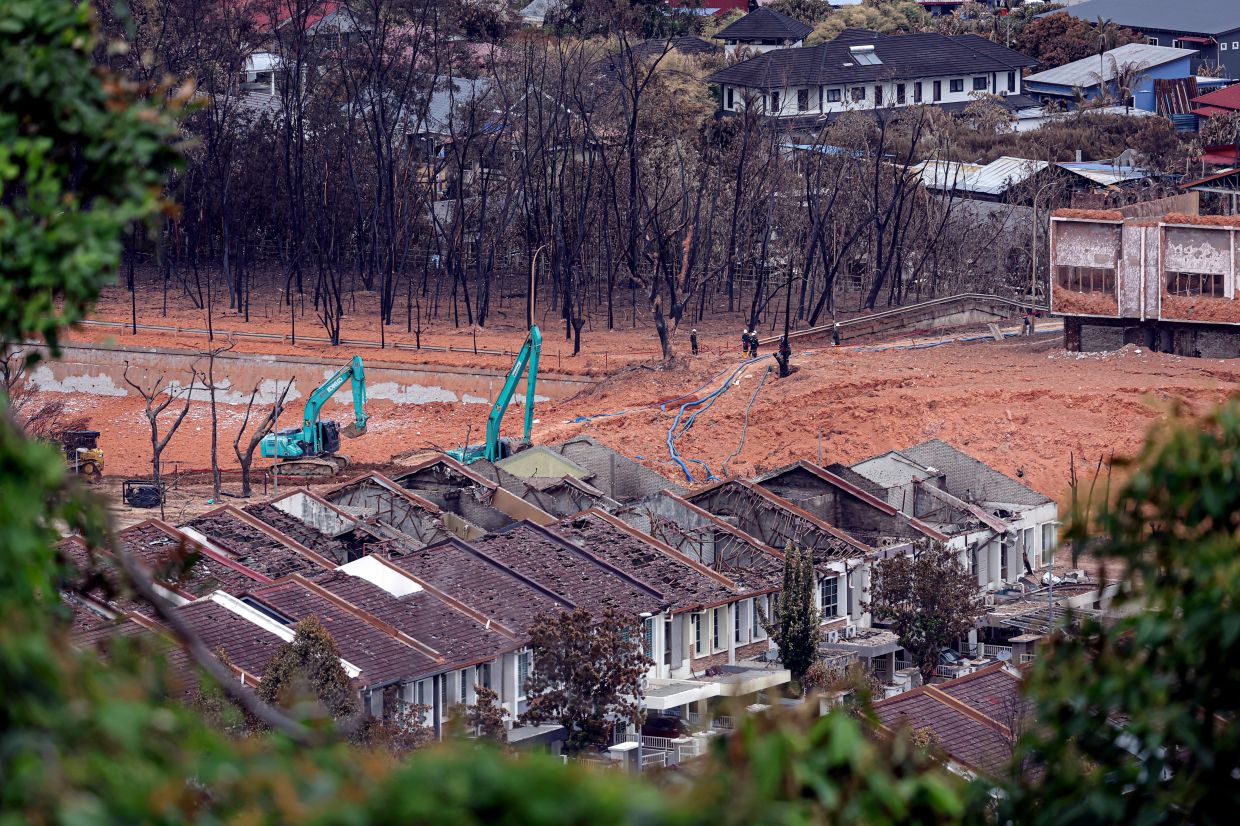PETALING JAYA: Heftier punishments are necessary to deal with companies that cause river pollution, say environmental experts.
Universiti Teknologi Mara’s (UiTM) School of Engineering senior lecturer Dr Nurul Fariha Lokman said the proposed amendments to introduce harsher punishment under the Water Services Industry Act were much needed following continuous violations, especially those committed by industrial clusters along rivers.
Save 30% and win Bosch appliances! More Info






































